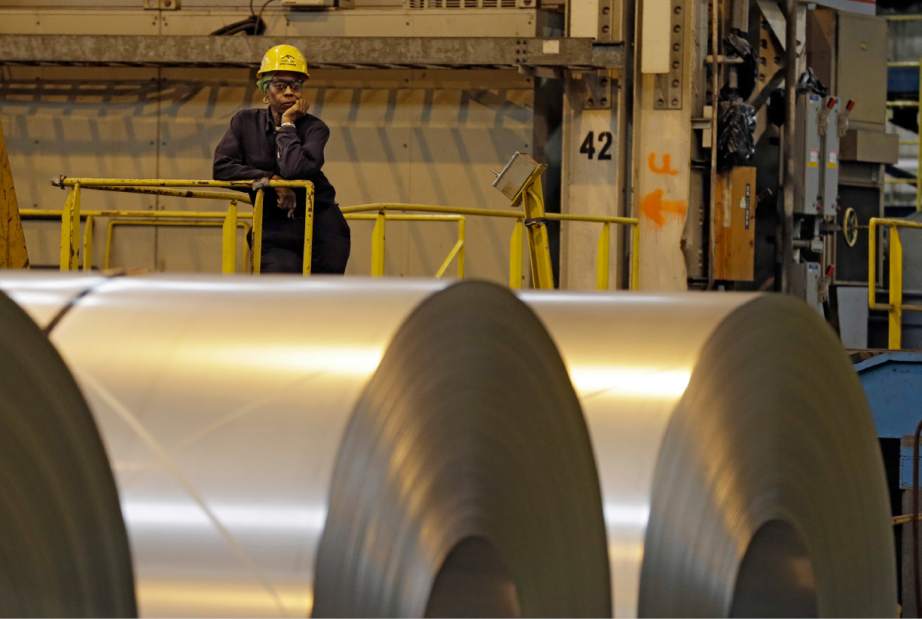Walter Williams: Steel & aluminum tariffs' unseen victims
There are a couple of important economic lessons that Americans should learn. Let's title one “The Seen and Unseen,” the other “Narrow, Well-Defined Large Benefits vs. Widely Dispersed Small Costs.” These lessons are applicable to a wide range of government behavior, but let's look at just two examples.
Recently, President Donald Trump enacted high tariffs on imports of steel and aluminum. Why would the U.S. steel and aluminum industries press the president to levy heavy tariffs? The answer is simple: Reducing the amounts of steel and aluminum that hit our shores enables U.S. producers to charge higher prices. Thus, American steel and aluminum producers will earn higher profits, hire more workers and pay them higher wages. They are the visible beneficiaries of Trump's tariffs.
But when the government creates a benefit for one American, it's virtually guaranteed to come at the expense of another American — an unseen victim. The victims of steel and aluminum tariffs are companies that use steel and aluminum. Faced with higher input costs, they become less competitive on the world market.
Politicians love having “seen” beneficiaries and “unseen” victims. The reason is quite simple: In the cases of the steel and aluminum industries, company executives will know whom to give political campaign contributions. Workers in those industries will know for whom to cast their votes. People in steel- and aluminum-using industries may not know whom to blame for declining profits, lack of competitiveness and job loss. There's no better scenario for politicians. It's heads, politicians win; tails, somebody else loses.
Then there's the phenomenon of narrow, well-defined large benefits versus widely dispersed small costs. A good example can be found in the sugar industry. Sugar producers lobby Congress to place restrictions on importation of foreign sugar through tariffs and quotas. Those restrictions force Americans to pay up to three times the world price for sugar. A U.S. Government Accountability Office report estimated Americans pay an extra $2 billion a year because of sugar tariffs and quotas.
You might wonder how this consumer rip-off sustains itself. After all, people in the sugar industry are only a tiny percentage of the U.S. population. Here's how it works: It pays for sugar-industry workers and owners to come up with millions of dollars to lobby congressmen to impose tariffs and quotas on foreign sugar, which mean higher profits and wages. Also, it's easy to organize the sugar industry's relatively small number of people. The costs are borne by tens of millions of Americans forced to pay more for sugar. Even if the public knew what the politicians are doing, it wouldn't be worth the cost of trying to unseat a legislator whose vote cost them each $20 a year. Politicians know they won't bear a cost from sugar consumers. But they would pay a political cost from the sugar industry if they didn't vote for tariffs. So they put it on consumers — but what else is new?
Walter Williams is a professor of economics at George Mason University.

